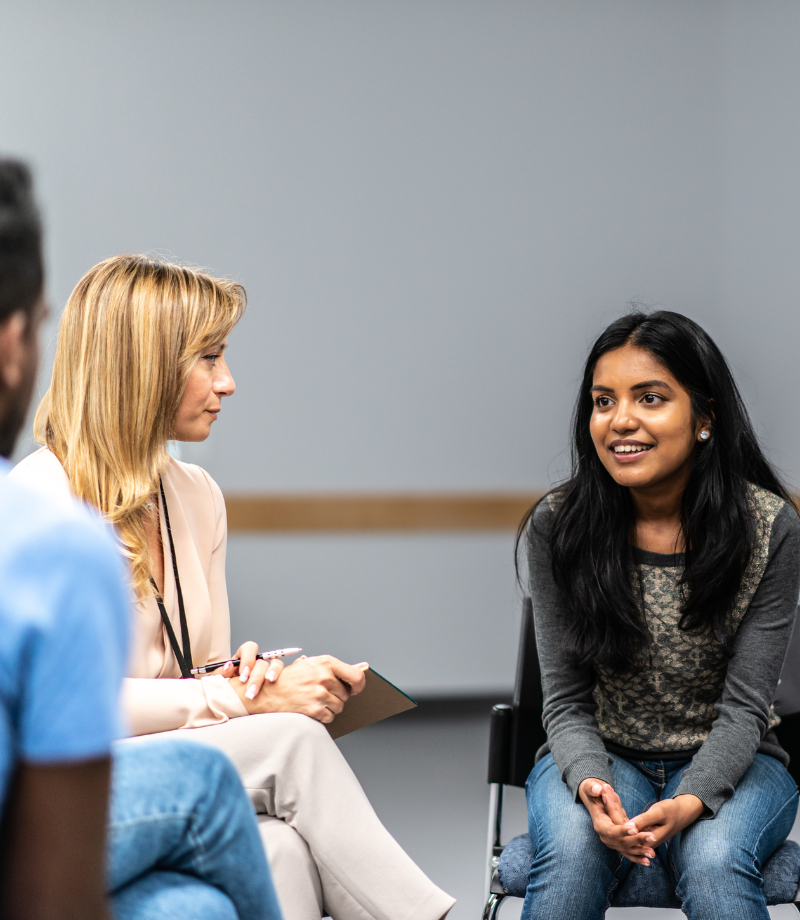ABOUT US
We are a Health and Wellbeing partnership hosted by Community First.
The Herefordshire and Worcestershire Wellbeing and Recovery College was launched in 2021 to support the wider community with accessing courses covering Mental Health, Wellbeing, Recovery and Life Skills.
Since then we have broadend our scope to include prevention of ill health, recognising factors that contribute to health inequalities and the particular needs of our rural communities.
WHO WE ARE
Community First was selected as the lead delivery organisation to bring together NHS, local authority and Voluntary Sector organisations, with Experts by Experience for the delivery of the Herefordshire and Worcestershire Wellbeing and Recovery College.
Courses and workshops at the college have been developed by both experts by profession and people with lived experience.
Evidence tells us that by coming together and learning more about health and wellbeing we can make the most of our strengths, talents and resources.


LOOKING TO BEGIN YOUR JOURNEY TO BETTER HEALTH & WELLBEING?
OUR VALUES
Recovery can mean different things to different people. It is not always about recovering from an illness, but more so about recovering a life that is meaningful and satisfying to you.
Wellbeing is about how we feel in ourselves. It is about how external conditions affect our lives and how we function in society.
Our core values are underpinned by “CHIME“, which stands for: Connectedness, Hope and optimism, Identity, Meaning and purpose, Empowerment.

